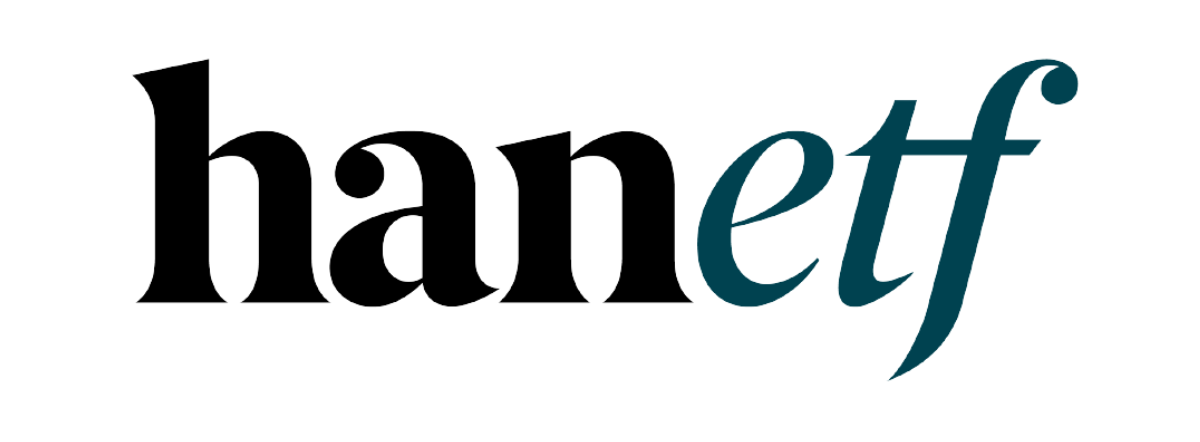Europe’s largest ETF issuers have been reluctant to register their products in the UK due to delays related to “unintended consequences” of Brexit.
Issuers that have entered the European ETF market or launched an Irish Collective Asset management Vehicle (ICAV) in the past two years have yet to register them in the UK, citing cost and regulatory delays following the end of the Brexit transition period in December 2020.
At the end of this period, newcomers to European ETFs have been forced to undergo the lengthy process of applying for recognition under 272 of the Financial Services and Markets Act 2000 (FSMA).
It has meant the likes of Amundi, abrdn, BNP Paribas Asset Management (BNPP AM) and AXA Investment Managers have been reluctant to register their ETFs on their new ICAVs for UK investors.
Last month, the Financial Conduct Authority (FCA) launched a consultation on the Overseas Fund Regime (OFR) to outline the framework for how firms access the UK market.
While this is expected in April 2024, issues such as whether ETFs are marketed and distributed differently to mutual funds have yet to be ironed out.
The first and only UK-domiciled ETF came in 2015 when China Construction Bank International launched the Commerzbank CCBI RFQII Money Market UCITS ETF (CCMR) in partnership with Euroclear and Commerzbank, however, it has since delisted.
BNPP AM is currently going through the process of registering its ICAV in the UK, after ETF Stream revealed its launch earlier this year, and is expected to confirm “in due course”.
Amundi, which launched its ICAV in May 2022, said: “The Amundi ETF Irish ICAV is not registered in the UK for regulatory reasons related to Brexit. Professional investors that do not require local passporting and listing can still select our Irish-domiciled ETFs.
“For those requiring local listing on the London Stock Exchange, we still offer a wide range of products covering the main asset classes. In the meantime, we will continue to analyse regulatory changes and evaluate opportunities for local fund registrations where available.”
AXA IM said it would initially “assess the demand for actively managed ETF strategies” in the UK when it entered the market in September 2022, adding it continues to be “pragmatic” based on client needs.
An AXA IM spokesperson said: “One year after the launch of our ETF activity, we are expanding our range and have to be pragmatic and tactical in the choice of the countries where we register and list our products, based on our clients’ needs.
“The UK is one of the main ETF markets in Europe, and a very competitive and cost-intensive market which requires important adaptations to our range. For those reasons, in our progressive approach, we have decided to prioritize other countries.”
Manooj Mistry, COO at HANetf, said the lack of registrations in the UK is an “unintended consequence” of Brexit.
“This first hit home about two years ago when issuers launched a new platform, tried to bring it to the UK and had a bit of a shock,” he said. “There is a process [to register in the UK] but it is not straightforward, it is expensive and can take a long time.”
He added the regulations are likely to hit smaller ETF issuers harder as they are faced with “prohibited costs” which act as a deterrence to entering the UK market.
The FCA noted the process has been “lengthy and time-consuming”, with only one new ETF issuer – Circa5000 – willing to endure the delays and high costs to access the UK since the end of the Brexit transition period.
Mistry said the regulator is getting better at the registration process, however, costs remain in the “tens of thousands rather than the low thousands”.
“There have been some brave souls taking the path on the mutual fund side, but not necessarily ETFs,” he said. “It can be done and it is getting easier.”







